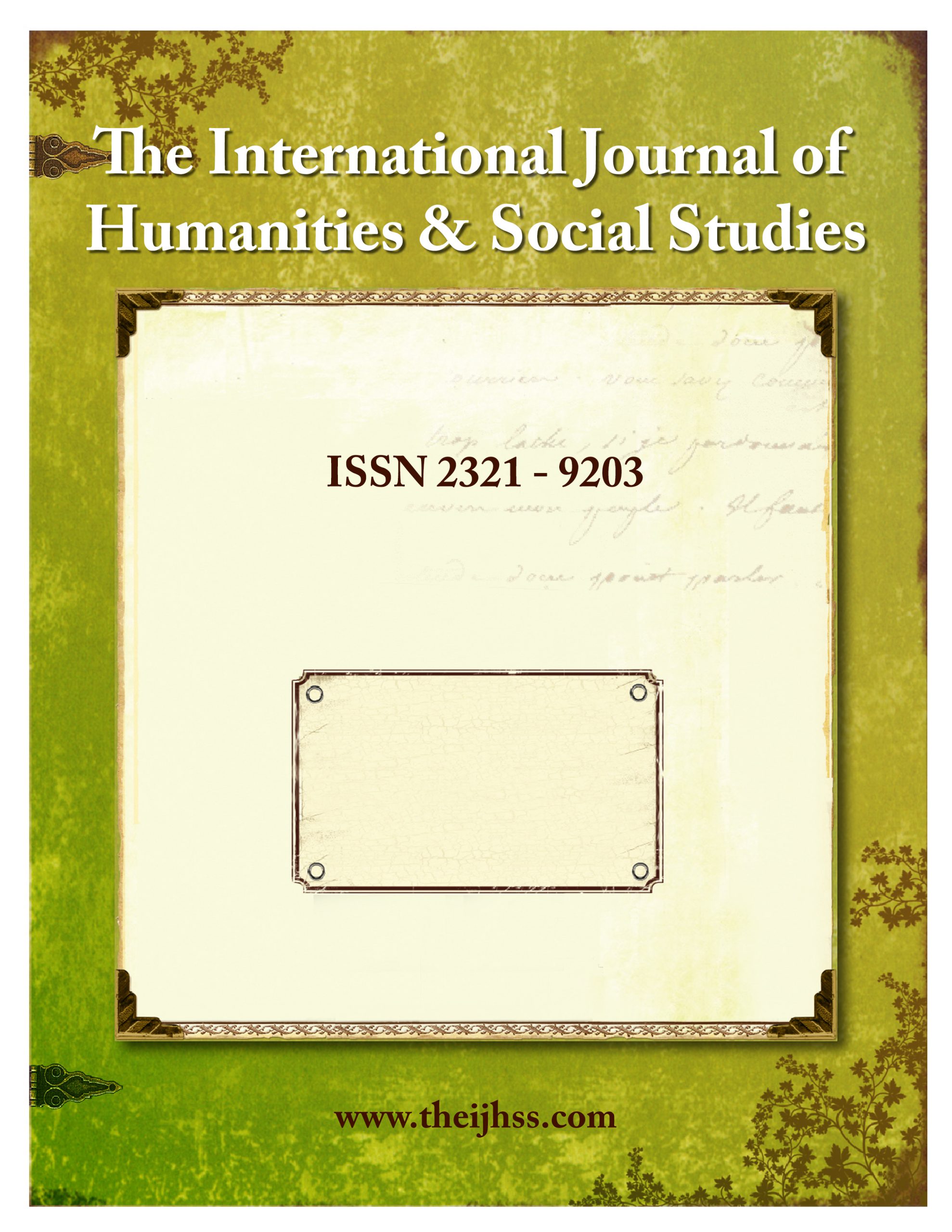Citations are a fundamental component of academic writing, research, and scholarly communication. They serve various crucial purposes, and understanding their importance is essential for students, researchers, and academics. All the research papers, international journals and academic writings that we read—all have proper citations for a reason. In this blog, we will explore seven key reasons why citations are indispensable in academic writing.
- Acknowledgment of Sources: Citations are a way of giving credit to the authors whose work has contributed to your research. When you use someone else’s ideas, data, or findings, citing their work acknowledges their intellectual efforts. It demonstrates academic integrity and respect for the original creators of the information you’re using.
- Avoiding Plagiarism: Plagiarism is a serious offence in academia. Citing your sources helps you avoid unintentional plagiarism by clearly distinguishing your ideas from those of others. It ensures that you’re not presenting someone else’s work as your own, which can have severe consequences in the academic world.
- Establishing Credibility: Citations enhance the credibility of your work. When you support your arguments with well-referenced sources, you show that your research is based on a foundation of existing knowledge and research. This, in turn, makes your work more trustworthy and persuasive.
- Supporting Claims and Evidence: Citations provide evidence to support your claims and arguments. They allow readers to verify the information you present and assess the validity of your conclusions. By referring to credible sources, you strengthen the reliability of your research.
- Promoting Further Exploration: Citations serve as a roadmap for readers who wish to delve deeper into the topic. They provide a list of references that others can follow to explore related research and build upon your work. Proper citations facilitate the dissemination of knowledge and the growth of academic fields.
- Contributing to the Academic Community: By citing the work of others, you become part of the larger academic conversation. Your research becomes a part of the ongoing scholarly discourse. This interconnectedness is essential for the advancement of knowledge and the exchange of ideas within a particular field.
- Avoiding Legal Issues: Using someone else’s work without proper citation can lead to legal issues related to copyright infringement. Citations ensure that you are adhering to copyright laws by giving proper attribution to the original authors and sources.
In summary, citations are vital in academic writing for several compelling reasons. They acknowledge the sources of your information, protect you from plagiarism, enhance your credibility, and provide evidence for your arguments. Citations also encourage further research and collaboration within the academic community while helping you avoid legal issues. Understanding the importance of citations and using them effectively is an essential skill for anyone engaged in academic writing and research. It not only strengthens your work but also contributes to the integrity and progress of the academic world.












